The European Working Conference on Collections from Colonial Contexts
Many museums and institutions across Europe are custodians of objects and collections originating from colonial contexts. As professionals managing these collections, and recognizing our shared responsibility in addressing historical injustices, how can we best fulfill this role? What can we learn from each other’s experiences?
The Consortium Colonial Collections in the Netherlands warmly invites museum and collection professionals across Europe to participate in The European Working Conference on Collections from Colonial Contexts.
When and where?
- 23 September: Sessions at the Cultural Heritage Agency of the Netherlands, Amersfoort The Netherlands
- 24 September: Sessions at the Wereldmuseum, Leiden The Netherlands
- 25 September: Optional site visits to renowned museums and institutions (registration required)
Participation is free of charge. Attendees are responsible for their own travel arrangements. Bus transport will be provided between locations outside Leiden. We recommend staying in Leiden during the conference. [Unfortunately, it is no longer possible to register for the working conference. The application deadline was August 8]
Why attend?
This three-day conference is a unique opportunity for museum professionals and collection managers working with colonial collections to connect, share experiences, and exchange practical knowledge. The event aims to foster ongoing dialogue and collaboration, helping build a sustainable network of professionals committed to transparent, responsible stewardship. [Unfortunately, it is no longer possible to register for the working conference. The application deadline was August 8]
Who should apply?
This conference welcomes professionals from European museums and collection institutions, including curators, registrars, conservators, collection managers, and depot staff — anyone involved in managing collections from colonial contexts. [Unfortunately, it is no longer possible to register for the working conference. The application deadline was August 8]
Conference Themes
We will explore four key topics:
- Becoming Transparent, Doing Our Research: Sharing approaches to provenance research and data transparency.
- Methods for Return, Procedures and Logistics: Navigating restitution requests and ethical returns.
- Caring for Objects: Rethinking preservation approaches for returned objects.
- Shaping Collaboration: Building meaningful partnerships with communities of origin and diaspora.
Meet the speakers
During the working conference, we explore the key topics through several presentations and case studies. You can learn more about our program below.
Theme 1: Becoming transparent, doing our research
Maria Camilla De Palma (Castello D’Albertis Museo delle Culture del Mondo): Castello D’Albertis Museo delle Culture del Mondo projects and ICOM Italy initiatives.
Museum anthropologist, founding director of Castello D’Albertis Museum of World Cultures in Genoa, MCDP has developed exhibitions, workshops and educational programs on indigenous peoples of Africa, the Americas and Oceania through dialogues with them and migrant citizens, for the accessibility for all kinds of publics. She did field research among the Wayuù (Venezuela), the Bororo (Brazil), on the Mayan site of Copàn-Honduras with the Peabody Museum of Anthropology and Archaeology (Harvard), and among the Hopi of Arizona, thanks to a Getty Grant for the inclusion of native voices in museums. Founding member of ICOM Provenance-Italy and of MIPAM (Network of Italian Museums with World Heritage). 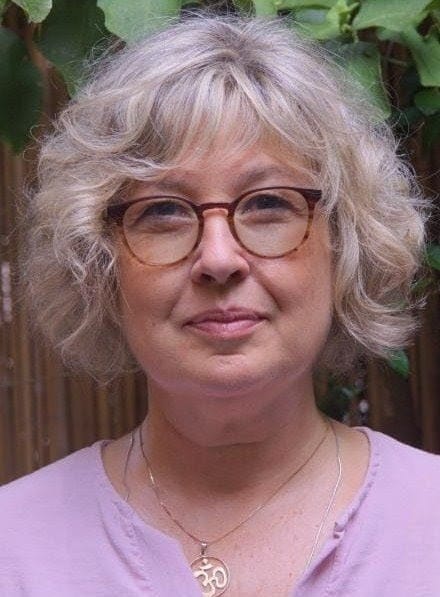
Camiel de Kom (Cultural Heritage Agency of the Netherlands): Datahub of the Colonial Collections Consortium
My work and studies focus on museums, colonial collections, (digital) heritage, and memory. Subjects with which I came into contact growing up in Amsterdam, and through my Surinamese family heritage. I graduated in Art History (BA) and Museum Studies (MA), with a minor in programming, at the University of Amsterdam. Currently, I’m active as a digital heritage coach at the Cultural Heritage Agency of the Netherlands for the bureau of the Dutch Colonial Collections Consortium. Our aim is to support the creation of a datahub of colonial collections for stakeholders from countries of origin and provenance research. 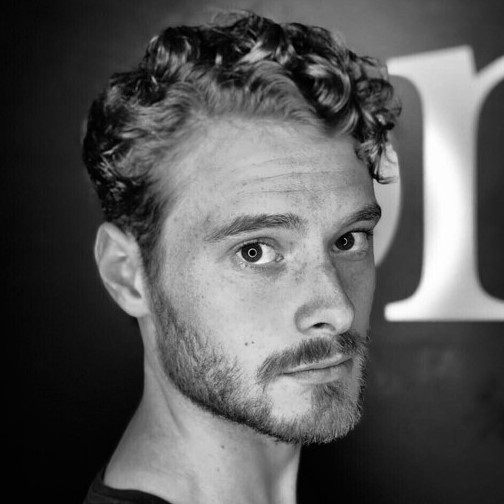
Imogen Coulson (Digital Benin): Digital Benin, provenance research and communities
Imogen Coulson is a researcher and museum professional based between Amsterdam (Netherlands) and Oxford (UK). Since October 2021 Imogen has worked as Project Researcher for the Digital Benin project. In collaboration with team members from Benin City, she has developed conceptual, content and data driven processes for the platform, which can be viewed in the Ẹyo Otọ, Catalogue and Archive spaces on the platform. Alongside her work for Digital Benin, Imogen is also a PhD candidate at the University of Amsterdam, where she is researching polyvocality in cultural heritage as part of the NWO-funded HAICu project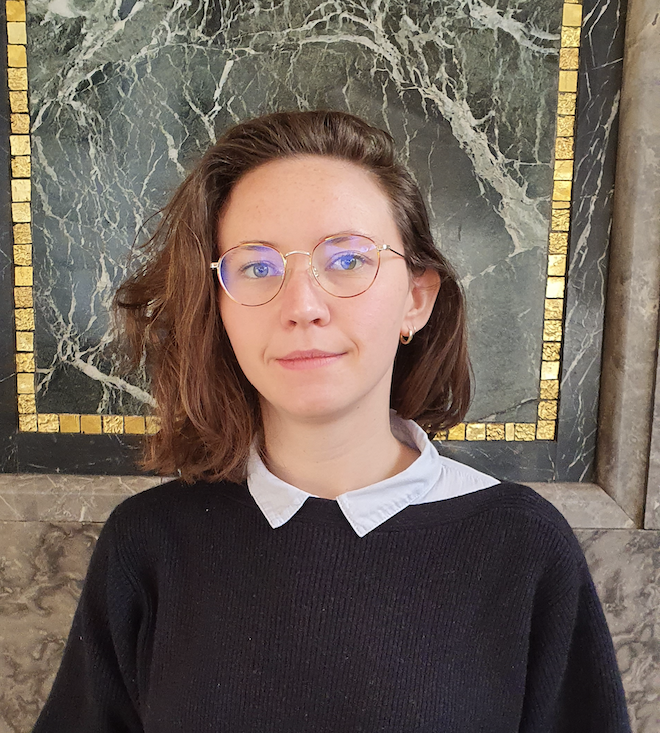
Reflection by Ananda Rutherford (Museum Collections Consultant & Researcher)
Ananda Rutherford is a museum collections specialist and researcher with over 20 years’ experience in documentation, digitisation, and collections care. She has worked with institutions including the Tate, Museum of the Home, the Crafts Council, UAL’s Decolonising Arts Institute, and most recently, iniva, on its Heritage Fund Living Legacies project. Her work focuses on ethical and inclusive collections information, policy, and digitisation, with a commitment to challenging structural racism. She has published and lectured widely on museum documentation and ethical approaches to knowledge production. 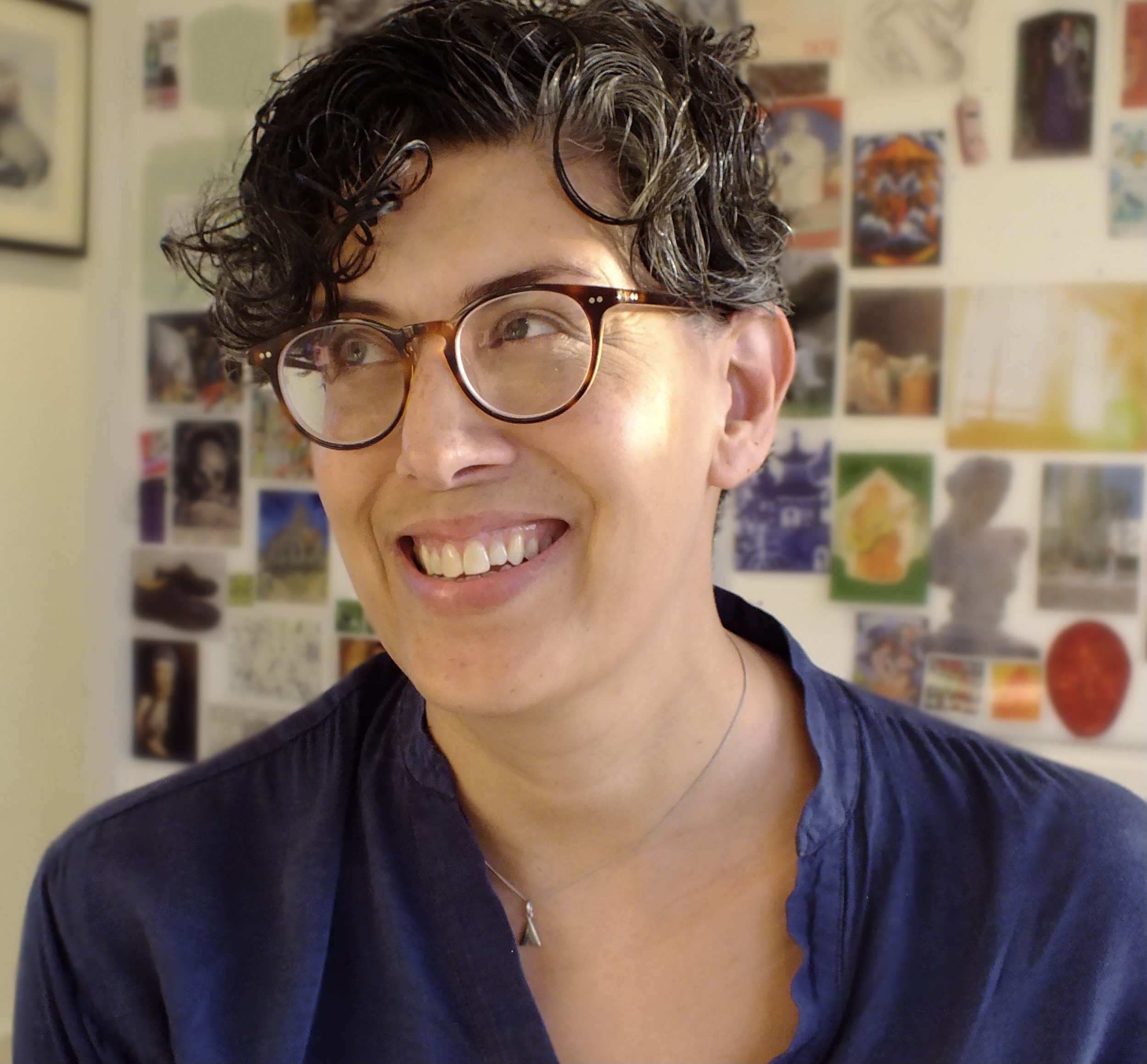
Theme 2: Methods for return, procedures and logistics
Introduction by Amy Shakespeare (Routes for Return)
Amy Shakespeare is an International Repatriation Specialist based in Cornwall, England. As an Arts and Humanities Research Council funded PhD Researcher at the University of Exeter, Amy’s research aims to enable more UK museums to undertake repatriation through more anticolonial processes. She also focuses on how repatriation is interpreted for museum visitors, and what is left behind following return. Amy has worked in the museums and heritage sector in the UK for over a decade, and now works for the Association on American Indian Affairs leading on their International Repatriation Strategy. Following a Smithsonian Fellowship at the National Museum of the American Indian, Amy founded Routes to Return in 2023 – a website that aims to open up global networks, share information, and enable international repatriation. In 2024, she published a policy briefing urging the UK government to recognise repatriation as a human rights issue. Throughout 2025 she has been campaigning for UK museums to be required to have repatriation policies. She is co-founder of the International Repatriation Network, sits on the board of the Museum Ethnographers Group as their Repatriation Officer, and is a member of the British Committee for the Reunification of the Parthenon Marbles. 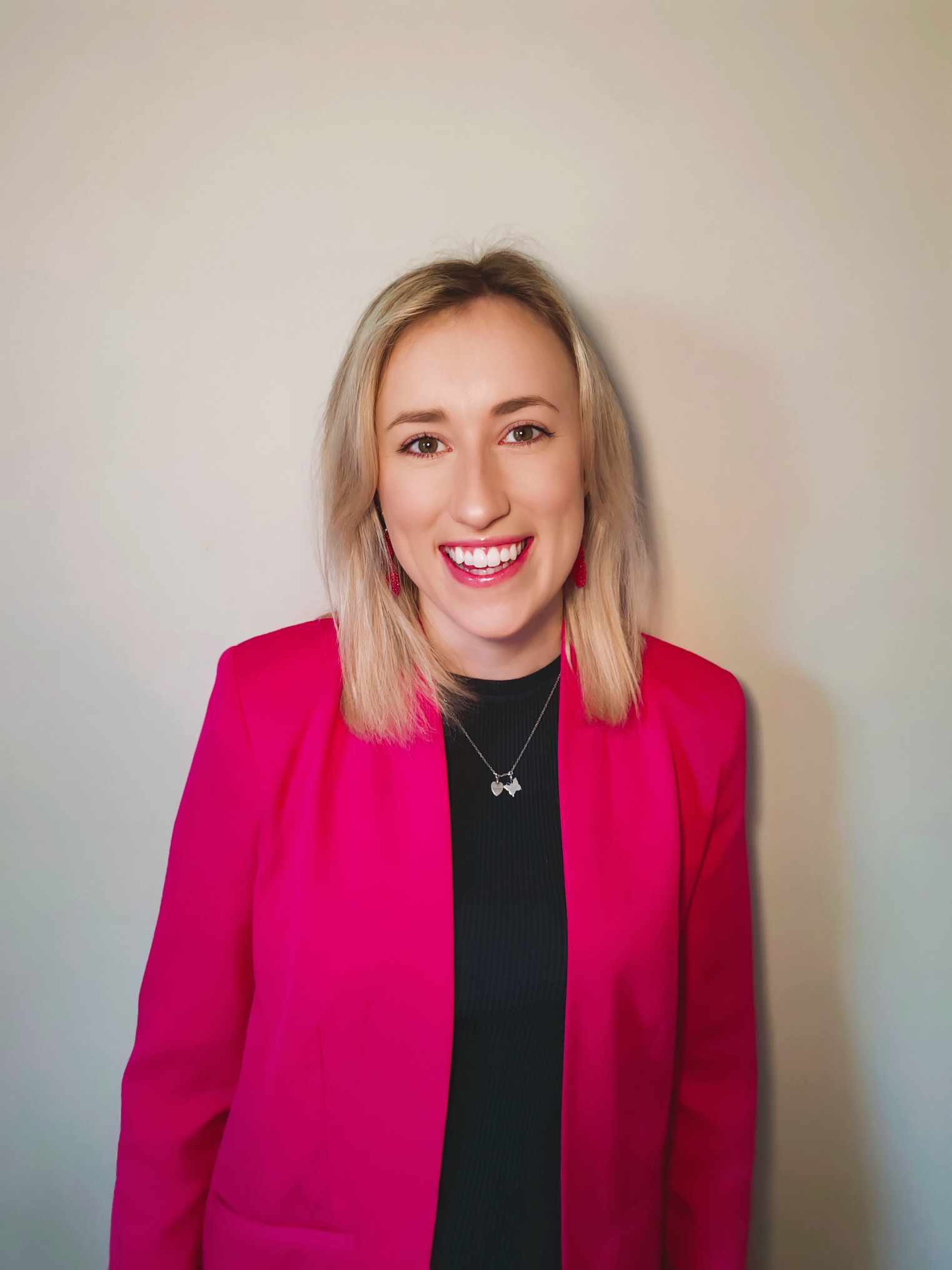
Wendy Boham (Wereldmuseum): Different examples of Wereldmuseum restitutions
At the Wereldmuseum, Wendy Boham is responsible for planning all activities related to the physical collection. Together with colleagues, Boham works to make the collections accessible to both internal teams and external parties. Boham is also involved in the logistics for the restitution of collection with a colonial context and help plan vistor programs for communities of origin, creating space for personal encounters and renewed connections with the collection held by the Wereldmuseum. Through this work, Boham contributes to the museums mission to make the collection open and accessible to all.
Raphael Schwere (Natural History Museum Basel), Pamela González Alvarez and Evelyn Silva Cabrera (Pueblo Kawesqar Foundation): Protocol of restitution of ancestral remains
Dr. Raphael Schwere is a researcher, curator, and lecturer specializing in colonial collection histories and museum cooperation. He currently holds a research position at the Natural History Museum Basel, where he conducts provenance research on ancestral remains from colonial contexts and coordinates restitution projects. Focusing on postcolonial museum practice, Schwere co-initiated a multi-year research and exhibitions project with Ugandan museums and co-edited Museum Cooperation between Africa and Europe – A New Field for Museum Studies (2018). He has co-curated exhibitions at the Ethnographic Museum of the University of Zurich, the Uganda Museum, the Igongo Cultural Centre, and the Swiss National Museum (colonial – Switzerland’s Global Entanglements, 2024–2025). 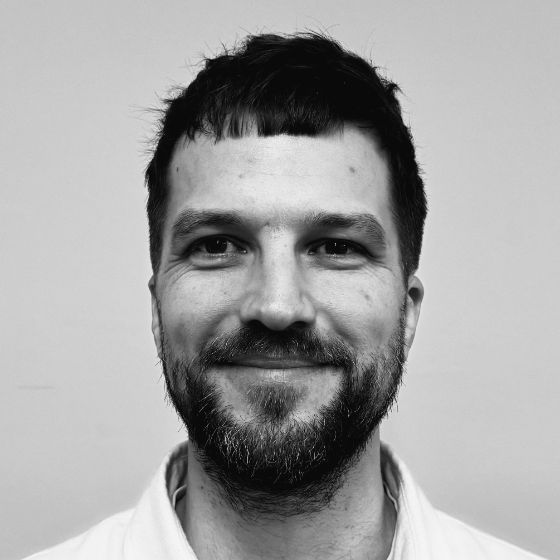
Pamela González Álvarez is a Kawésqar woman and navigator. She works to decolonize perceptions of her people, safeguard ancestral practices, and restore maritime transit as a cultural right, alongside food sovereignty and health through nourishment. She advances this through living memory—oral narratives, songs, and stories—and through healing: addressing colonial trauma and coordinating family constellation circles to renew ties with the sea and with her culture. Her purpose is to make her culture visible without folklorizing it, to open spaces for genuine co-governance in Kawésqar territory, and to help new generations reconnect with nature and the sea as part of everyday life. Her motto: “I am not a museum; I am Kawésqar memory.” 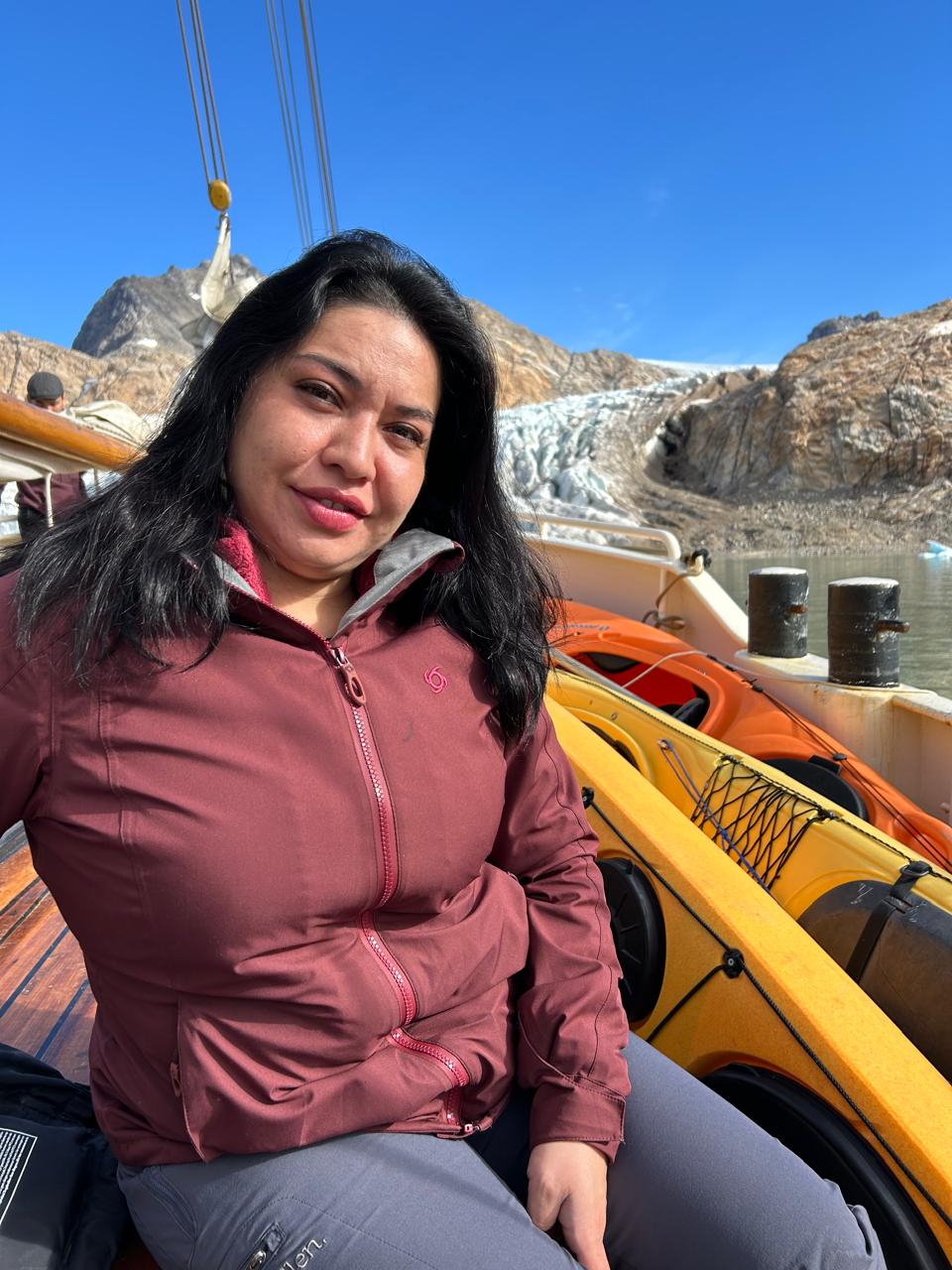
Evelyn Silva Cabrera is a project manager and cultural practitioner who specialises in heritage, tourism and sustainable territorial development. She currently directs projects at Fundación Pueblo Kawésqar, coordinating cultural initiatives. Her work brings together local communities, public institutions and international networks, with a focus on co-creation and cultural practices. She has coordinated projects in southern Chile, including strategies for territorial planning and the development of tourism with local communities. She holds a degree in Business Administration from the University of Valparaíso and is currently studying for a Master’s degree in Heritage and Sustainable Tourism Management at the University of Temuco. 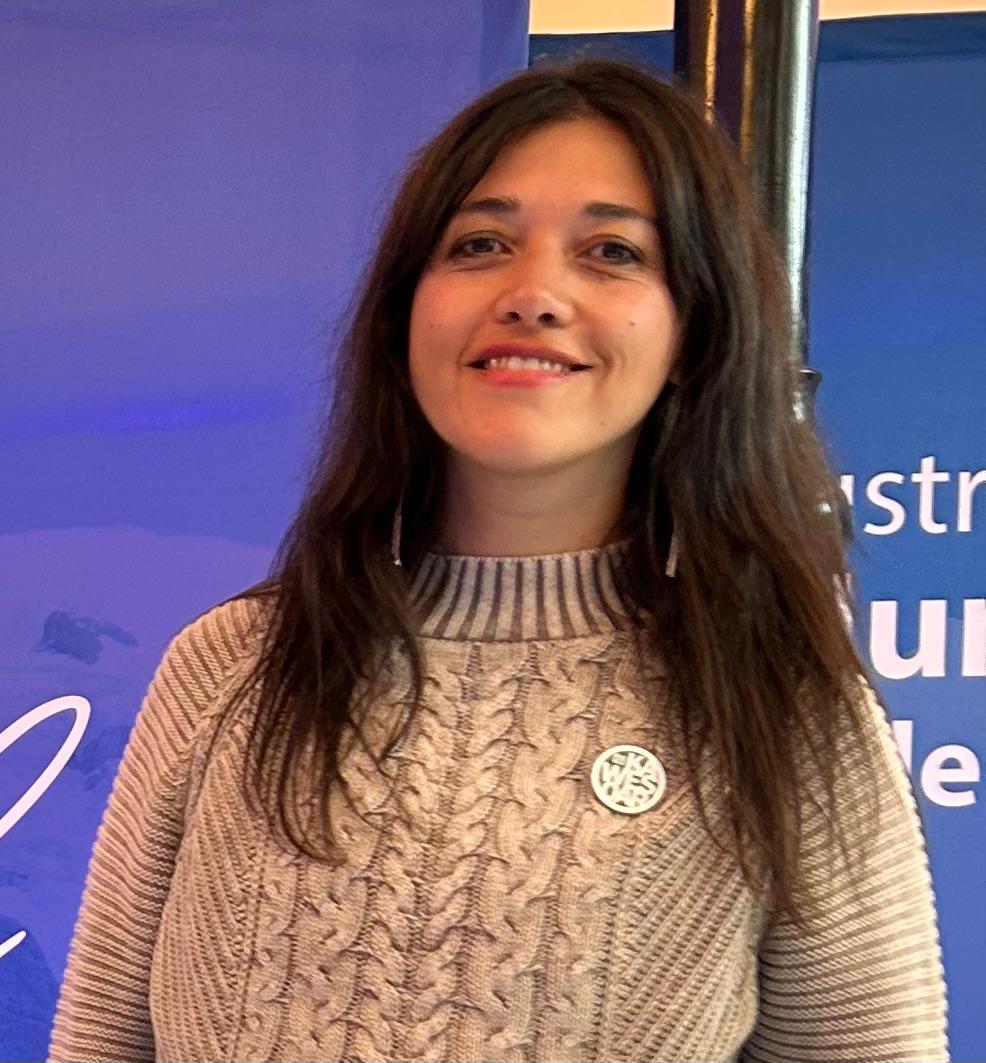
Angus Patterson (Victoria and Albert Museum): Loan construction of Ashanti golden objects to Ghana
Angus Patterson is Senior Curator of Metalwork at the Victoria and Albert Museum (V&A) in London responsible for national collections of European silver, ironwork, brass, pewter, armour and weapons, cutlery, Sheffield plate and electrometallurgy. Angus’s recent work has included addressing the legacies of colonialism in V&A collections. Angus is a Trustee of Sheffield Museums, editor of The Journal of the Antique Metalware Society and co-curator of the current exhibition, Makers of Modern Gothic, A.W.N. Pugin and John Hardman Jr. Angus’s publications include Fashion and Armour in Renaissance Europe: Proud Lookes and Brave Attire (V&A, 2009) and The Museum and The Factory: The V&A, Elkington and the Electrical Revolution (with Alistair Grant, V&A/Lund Humphries, 2018). 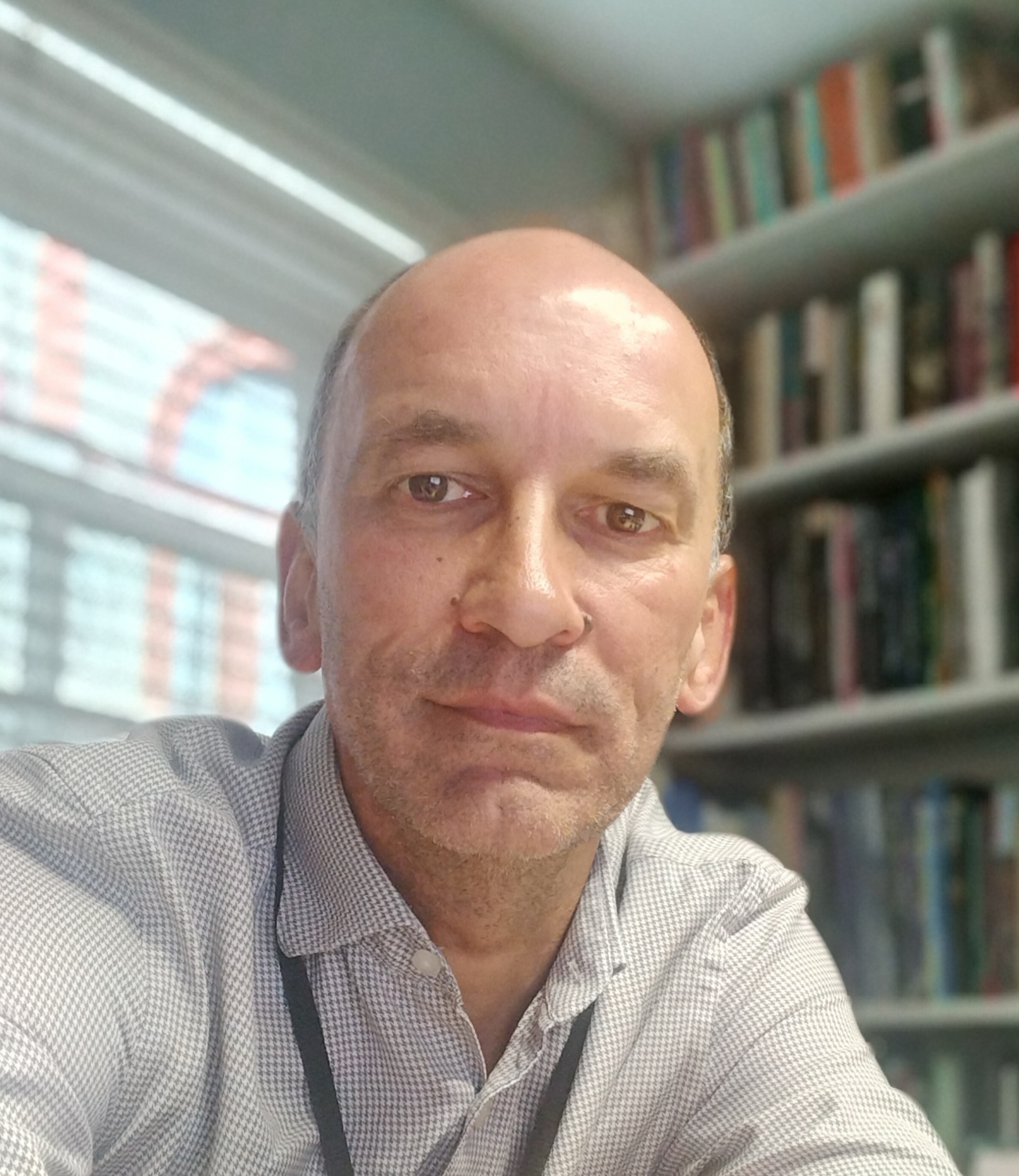
Theme 3: Caring for objects
Introduction by Cindy Zalm (Wereldmuseum)
Cindy Zalm is the Head of Realisation and Delivery at the Wereldmuseum in the Netherlands. With a long history in collection management in various museums, she is currently responsible for collection storage and logistics in the Wereldmuseum’s various depots and locations, along with preservation, loan traffic, registration and documentation of the collection. In recent years, she has coordinated the transport of Wereldmuseum objects to (among others) Indonesia and Nigeria, and she is currently on the supervisory board of the Zuiderzeemuseum in Enkhuizen. Furthermore, she occasionally teaches about collection management and conservation at the Reinwardt Academie, Amsterdam. 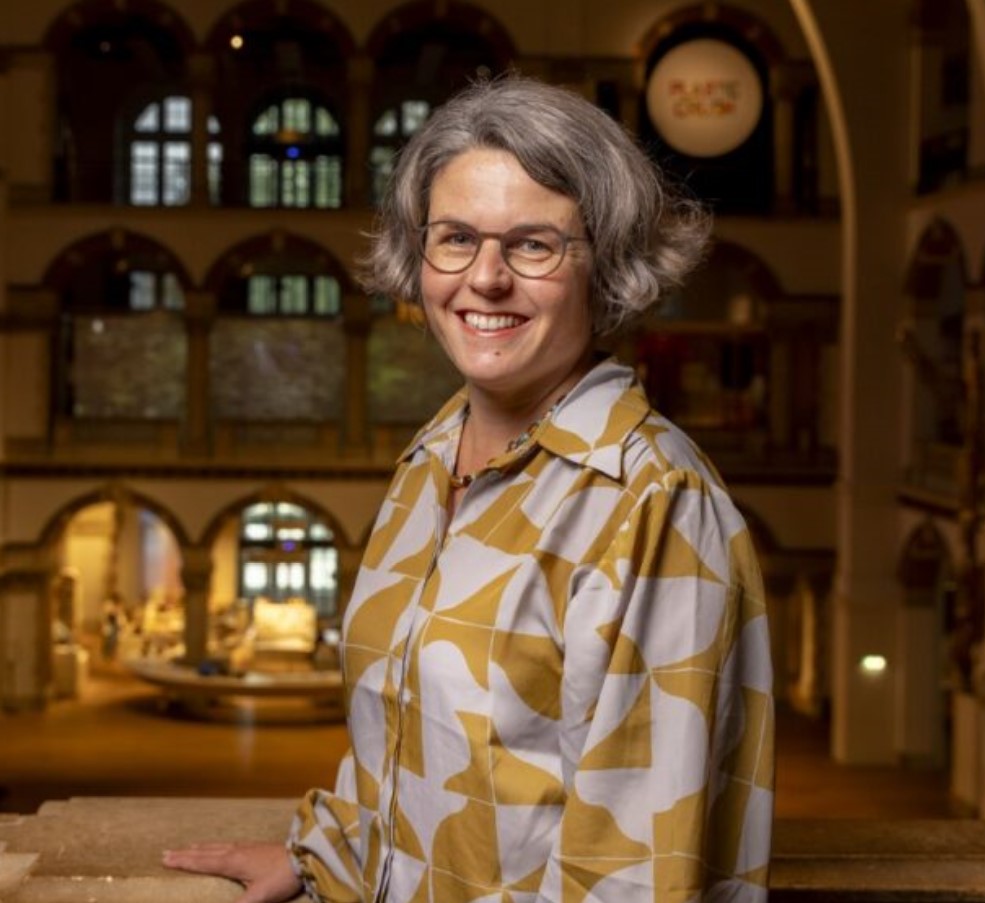
Jan Hüsgen (German Lost Art Foundation): Caring for ancestral remains
Dr Jan Hüsgen is Head of the Department of Cultural Goods and Collections from Colonial Contexts at the German Lost Art Foundation in Berlin. He advises provenance research projects addressing overarching questions on colonial-era collections, such as trade networks and plunder during punitive expeditions. His research focuses on missionary collecting and the role of mission societies in colonialism. A trained historian, he has conducted archival research in North America, the Caribbean, and West Africa. Prior to his current role, he worked on colonial history projects at Leibniz University Hanover and the Dresden State Art Collections, and held fellowships in Washington, D.C. and Paris. 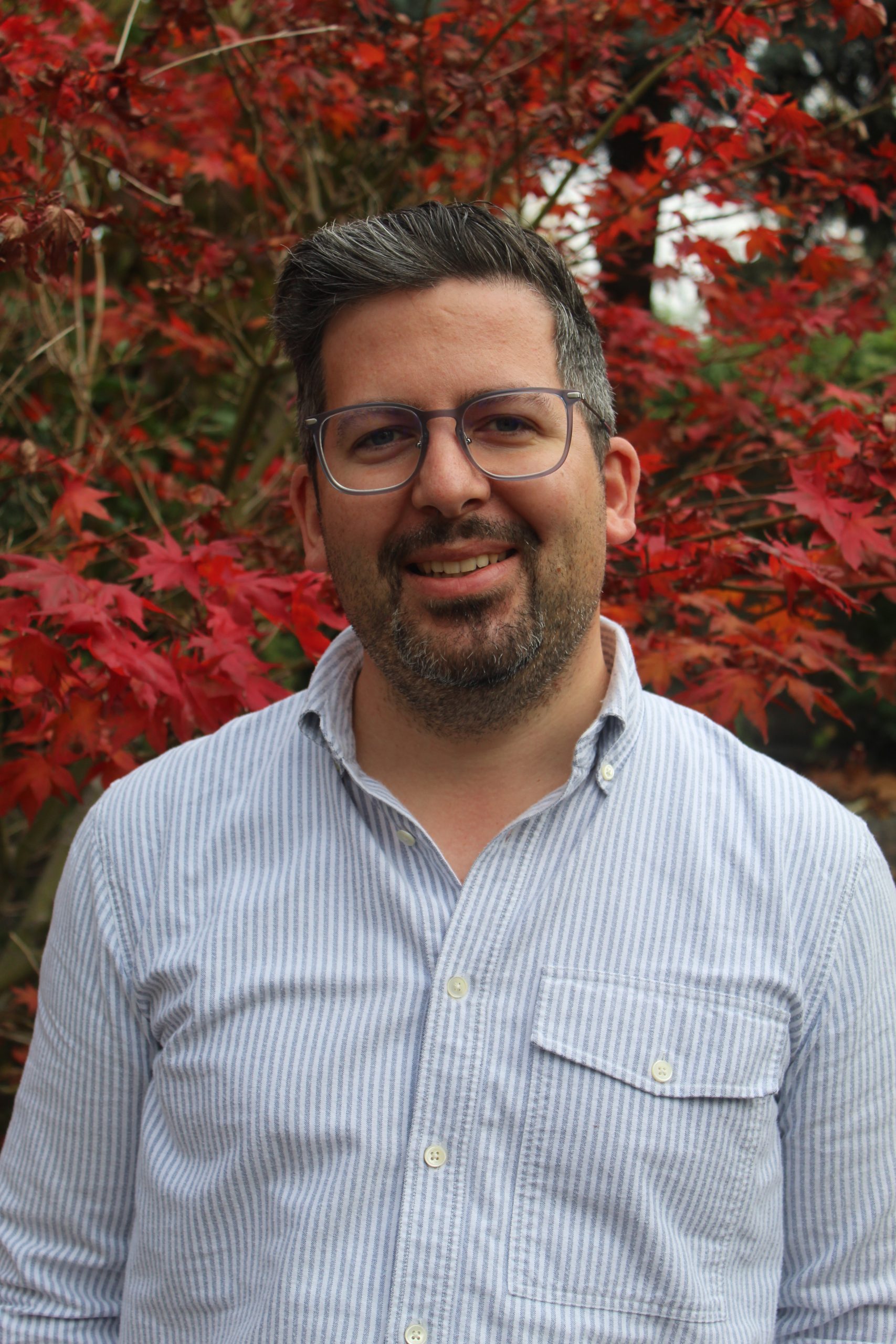
Naomi Meulemans and Eline van Heymbeeck (Africamuseum, Belgium): Challenges in the ethnological collection
Naomi Meulemans is since 2025 Head of Cultural Heritage Collections at the Royal Museum for Central Africa (AfricaMuseum). She leads the conservation studio and focuses on the preservation and management of the collections. Currently she is involved in the case studies for removing toxins and pesticides from ethnographic objects. Since 2020, she has directed the Ethiopian Art Conservation Program (EACP), addressing complex questions of ethics in the conservation, restoration of African heritage and the capacity building of Ethiopian and African art conservators.
Eline Van Heymbeeck is an art historian and archeologist. Since 2014, she had been working as a scientific collections manager at the Royal Museum for Central Africa (AfricaMuseum), where she is responsible for archives and collection management within the Department of Cultural Anthropology and History.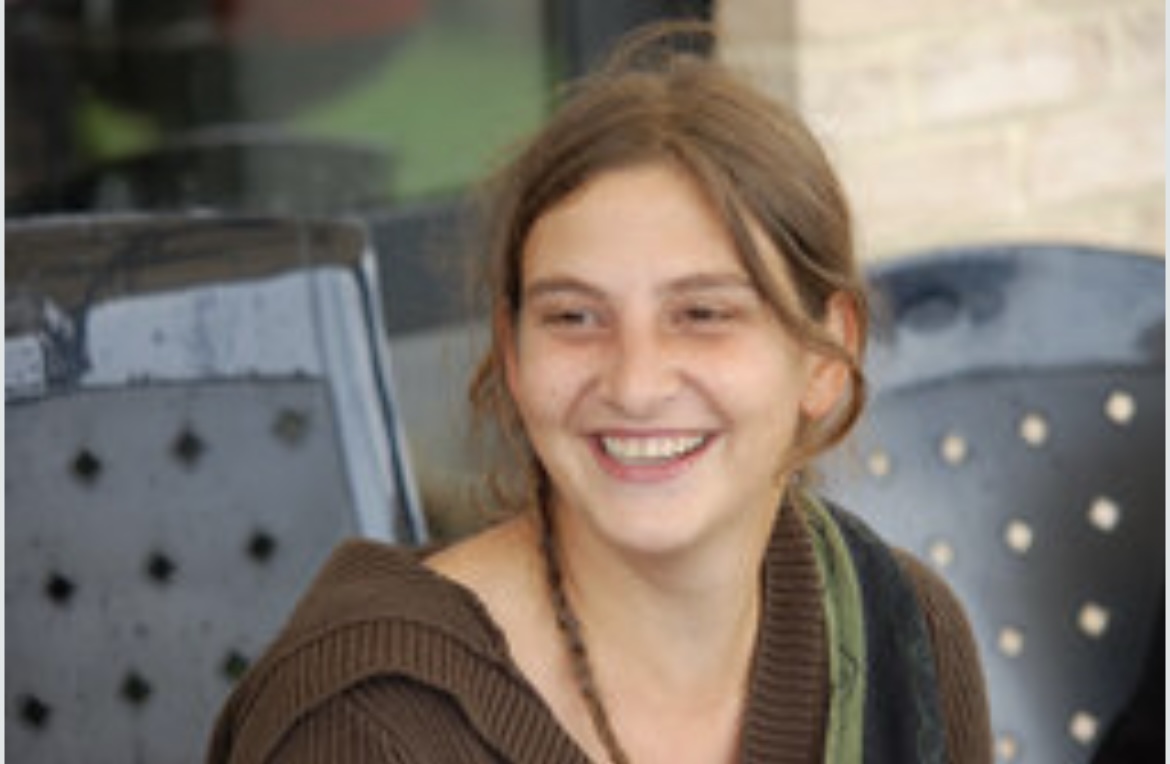
Laura van Broekhoven (Pitt Rivers Museum): Caring for objects and people
Laura Van Broekhoven is the Director of the Pitt Rivers Museum and Professor of Museum Studies, Ethics and Material Culture at the University of Oxford; she is member of the Dutch Advisory Committee on Repatriation of Colonial Collections that advises the Dutch Ministry of Culture on repatriation and professorial fellow of Linacre College.
Previously, Laura led the curatorial department of the National Museum of World Cultures (Amsterdam, Leiden and Berg en Dal) and was Assistant Professor in Archaeology, Museum Studies and Indigenous Heritage at the Faculty of Archaeology at Leiden University. She is an international authority on museum ethics and interested in the development of a new museum ethics that starts from collaborative practice with Indigenous peoples and is developed in a framework of solidarity and radical hope. At the 2022 European Museum of the Year Awards, Laura was awarded the Kenneth Hudson Award for Institutional Courage and Professional Integrity by the European Museum Forum alongside Wayne Modest, Nanette Snoep, and Léontine Meijer-Van Mensch; in 2025 the Maasai Living Cultures project won the ‘Making a Difference Globally Award’ and ‘Partnership of the year award’ at the M+H Awards.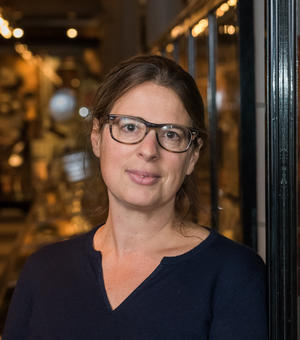
Theme 4: Shaping collaboration
Introduction by Klaas Stutje (NIOD Institute for War, Holocaust and Genocide Studies)
Klaas Stutje is a senior researcher at the Expert Centre Restitution of the NIOD Institute for War, Holocaust and Genocide Studies, the Netherlands. As a historian he has published about provenance research and looted objects from Indonesia, and he is involved in a number of projects around collections from colonial contexts, including projects of the Colonial Collections Consortium. He also conducted research in the context of a restitution request of lost artworks during the Nazi regime. In previous projects Stutje published about the history of anticolonialism, communism and anarchism in colonial Indonesia. 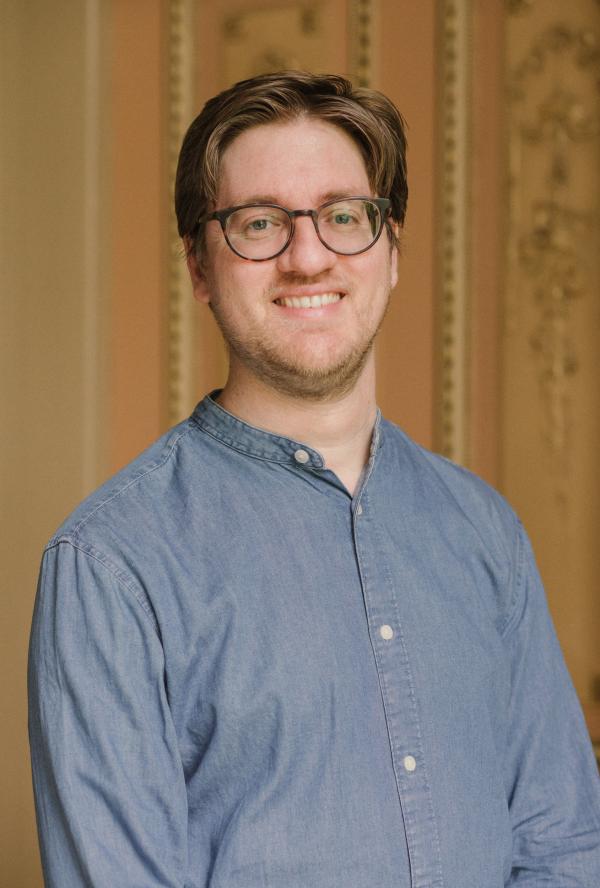
Heba Abd el-Gawad (Hornimann Museum and Gardens): All eyes on her project
Heba Abd el-Gawad is an Indigenous Egyptian heritage and museum activist and researcher. She is senior curator of anthropology at the Horniman Museum and Gardens facilitating Indigenous community research, care, and access to cultural belongings from North America, Oceania, and the Americas. She has co-developed with UCL’s Prof. Alice Stevenson in AHRC funded project: ‘Egypt’s Dispersed Heritage: Views from Egypt’ aiming at amplifying the voice, visibility, and validity of modern Eyptian communities in UK museums. She focuses on developing meaningful and equitable community partnerships as a means of building relevant, relatable, and responsive social and economic futures for colonially extracted and exploited cultural belonings in UK museums. Heba is committed to community-led participatory museum and research practices centred around and respectful of Indigenous ways of seeing, being and doing. She has been selected as one of the most influential 21 Egyptian woman in 2021 for her community work in the heritage sector.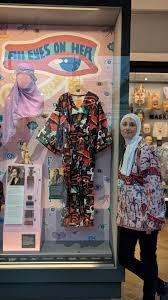
Samuel Bachmann (Bern History Museum): Usakos Railway Workers’ Collection
Samuel Bachmann graduated with a degree in European Studies at the Institute for European Global Studies at the University of Basel. He just submitted his PhD at the Centre for African Studies at the University of Basel on ‘A History of African Heritage in Swiss Museums. Provenances, Protagonists and Prospects’. Since 2008, he has held various positions at historical and ethnographic museums in Switzerland, including as deputy curator of African collections at Museum der Kulturen Basel and exhibition curator at the Historisches Museum Basel. Since 2017, he has been curator of the Africa collections at Bernisches Historisches Museum. 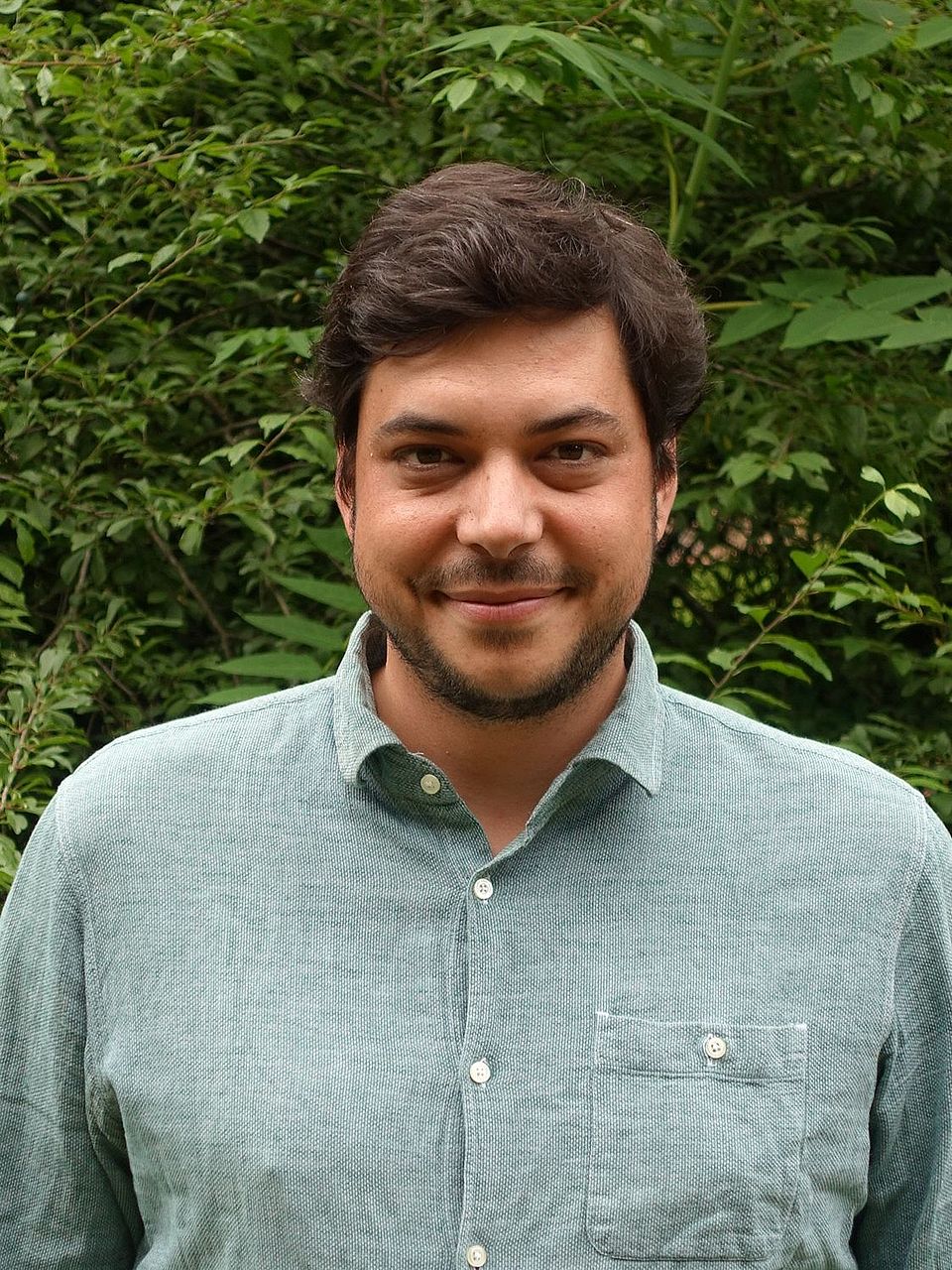
Taina Marét Pieski (Sàmi Museum Siida): Empowering the Cultural Self-Esteem of the Sámi People through Community
Taina Máret Pieski is the Director of the Sámi Museum Siida in Inari, Finland. Pieski has extensive experience in different leadership positions, including in various ministries and as the Mayor of the northernmost municipality in the EU, Utsjoki. Under Pieski’s leadership at the Sámi museum Siida has undergone significant renovations and expansions, enhancing its exhibitions and facilities to better serve Sámi people, the public and preserve Sámi heritage. The Sámi Museum Siida is the winner of the European Museum of the Year Award (EMYA) 2024, the Finnish Museum of the Year 2024 and the Europa Nostra award winner 2022. 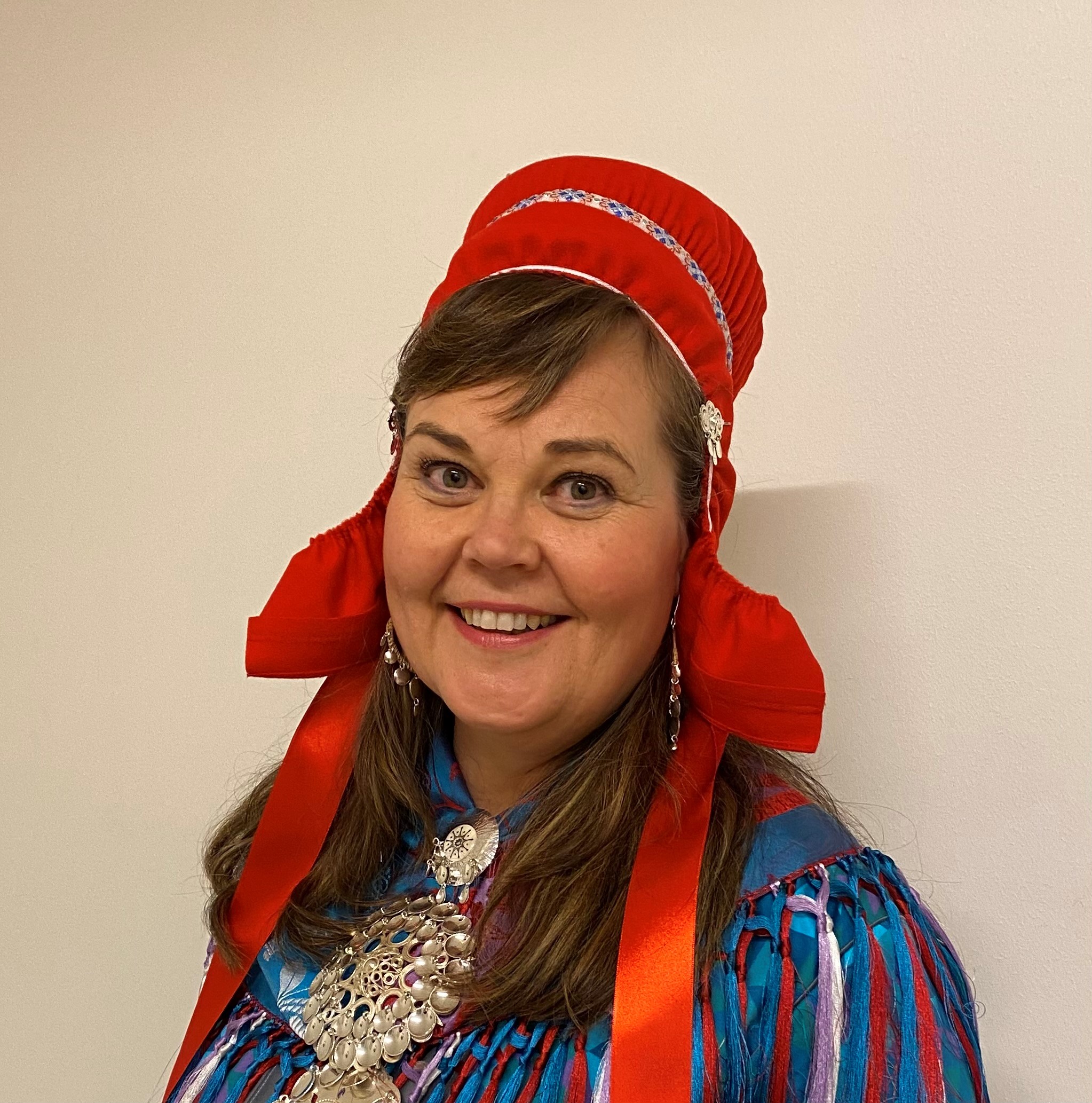
Contact
For questions, contact us at info@colonialcollections.nl. We look forward to welcoming you in the Netherlands!